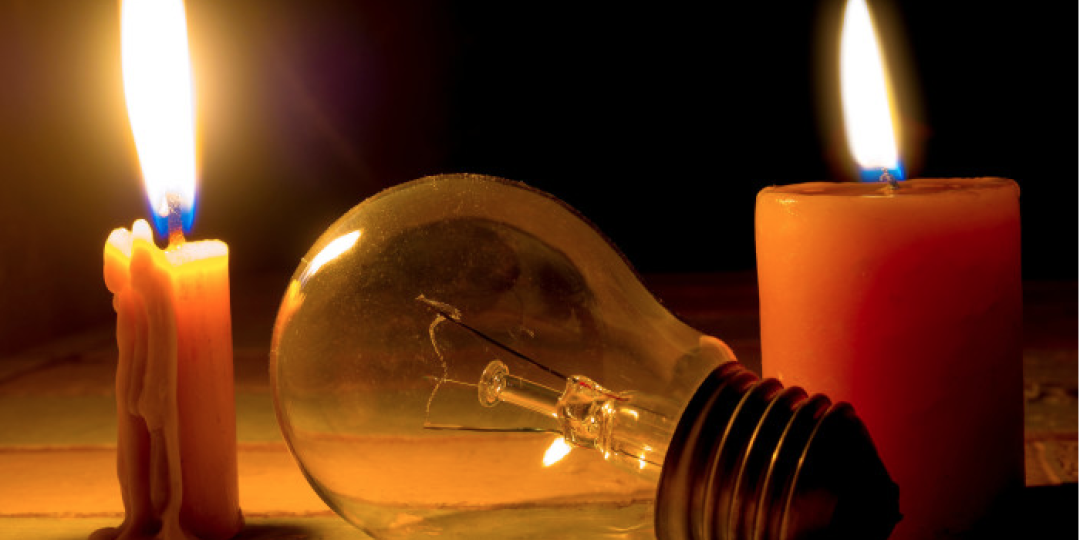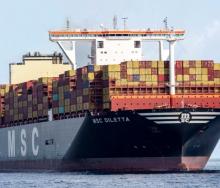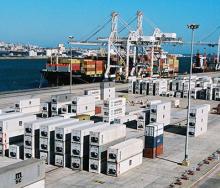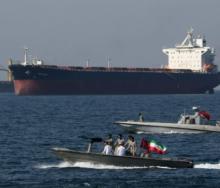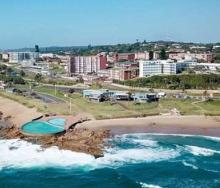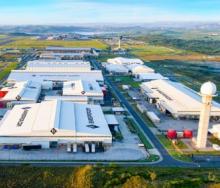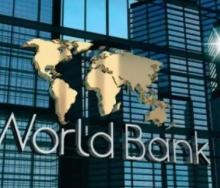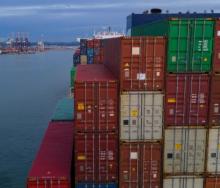As South Africa approaches a State of the Nation Address (Sona) and the possibility of a cabinet reshuffle, coming at a time when the country finds itself in an energy crisis, the Centre for Risk Analysis (CRA) has cautioned against the implementation of a state of emergency to solve load-shedding.
In its latest Monday-morning risk alert, CRA director John Endres says it’s concerning that the ANC is again considering relying on a state of disaster to counter a crisis as it did with the Covid-19 pandemic.
He remarks that it should be remembered that lockdown lasted for no less than 750 days and that it was marked by rampant corruption as procurement rules were relaxed and violated.
“Harsh restrictions on civil liberties, including freedom of movement, a lack of oversight over executive action, and a curtailment of business activity, resulted in over two million jobs lost,” Endres says.
“The risk is that future states of disaster could give way to similarly destructive government action.”
On the basis of what happened during lockdown, when cadres and tenderpreneurial connections used relaxed procurement mechanisms to line their pockets through PPE corruption, it should be kept in mind that the constitution will be weakened if a state of disaster is needed every time the ANC government tries to manage a crisis, Endres says.
“Calls for an end to judicial review will grow, as this can easily be depicted as a key barrier to prompt decision making.
“All of this will, if allowed to proliferate, erode the rule of law and weaken democratic accountability, making it more difficult for business to operate and for the country to attract investment.”
Since it has become clear that President Cyril Ramaphosa may announce a state of disaster during Thursday’s Sona, Endres has added his voice to those of a number of thought leaders that a state of disaster isn’t necessary.
“The policy changes necessary to end the electricity crisis do not require any special dispensation. It is sufficient for the ANC to use its majority in parliament and its control of the government to adopt legislation and regulations that liberalise the energy sector.
“Energy generators, including Eskom, must be given the freedom to appoint personnel exclusively on merit, they must be given the freedom also to procure goods and services on a pure value-for-money basis, and finally they must be given law enforcement support to counter theft, sabotage and corruption.”
